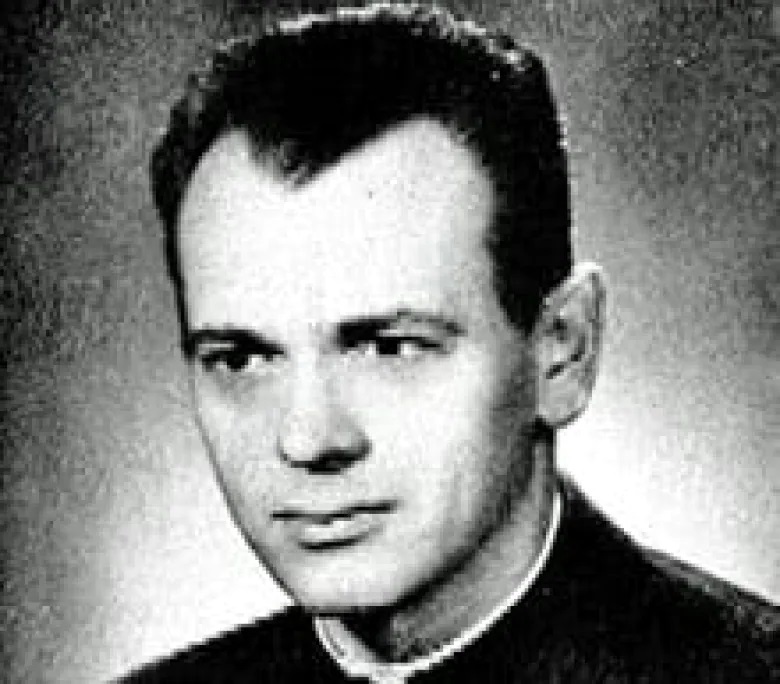SASKATOON (CANADA)
CBC (Canadian Broadcasting Corporation) [Toronto, Canada]
March 16, 2021
By Jason Warick
Victims say it’s also vital to show what was — or wasn’t — done about their actions
Roman Catholic Church officials in Saskatoon are promising to publish a report this spring naming all abusive priests and staff going back to 1933.
Saskatoon would be just the second jurisdiction in Canada to release names of abusive priests. A partial list was published by the Vancouver diocese in 2019. In the U.S., the vast majority of churches chose — or were forced by the courts — to make their lists public more than a decade ago.
The Saskatoon report will list the priests involved in public court cases, but also the ones contained in the church’s internal records, said Brenda Fitzgerald, a member of the historical review committee for the Roman Catholic Diocese of Saskatoon.
Fitzgerald said it will also show who knew about the abuse and how it was handled.
“There is no doubt it is going to evaluate if past historical decisions were appropriate. And actually, by reviewing that, what can we learn for future situations?” Fitzgerald said in an interview.
Fitzgerald said victims of sexual abuse deserve answers. She said the committee hoped to be done sooner, but wanted to do things right.
![[Photo above: Saskatoon's Gary Mulligan, left, and Tim Ryan were two of more than a dozen sexual abuse victims of priest Hodgson Marshall. They hope a Saskatoon report naming abuser priests this spring will help other victims to know that they're not alone. (Chanss Lagaden/CBC)]](https://www.bishop-accountability.org/wp-content/uploads/2021/03/c-2021-03-16-CBC-Gary-Mulligan-and-Tim_Ryan-survivors-Saskatoon-1.jpg)
“You have to give the appropriate level of time to become familiar with the cases, and to really see how that was handled 50 … years ago” or more in some cases, Fitzgerald said.
“That’s what is really important — to learn from these because they are historical cases that with great regret and sadness, have happened.”
Report welcomed by victims
Saskatoon victims interviewed said they welcomed the announcement of a report.
“Well, I mean, it’s encouraging. I’m happy they’re doing it, maybe it’ll turn this thing around. I’m happy that the diocese is doing this, but it’s a problem,” Tim Ryan said.
Ryan and Gary Mulligan were two of the boys abused by priest Hodgson Marshall more than 50 years ago at the old St. Paul’s High School in downtown Saskatoon that later became Holy Cross.

They say Marshall’s behaviour was well-known, and his office contained a large two-way mirror into the boy’s change room.
Before Marshall was transferred to Saskatoon, he had abused children in Ontario, and after he left Saskatoon, he did the same thing in the Caribbean.
Mulligan says naming abusers is one thing, but the real evil is the conspiracy which allowed it to remain secret for so long. They hope the report will finally give them some answers.
Mulligan said it won’t undo the decades of damage he and others suffered, but he hopes the public report will help other victims to see they aren’t alone.
“It’s probably going to help in that way, you know. People would probably be amazed about how many priests are involved in this type of behaviour. Anything to help the kids who are right now in jeopardy,” Mulligan said.
“It’s not good. This thing sticks with you your whole life.”
‘Late to the party’: lawyer
Ontario lawyer Rob Talach, who’s represented dozens of victims of priest abuse in court, agreed the Saskatoon report is encouraging.
“Well, I always want to encourage and reward steps in the right direction so I think it is significant and it is positive. The devil’s always in the details and I think that’s where we’ll get some differences of opinion,” he said.
Talach worries the church might use privacy concerns or other “excuses” to leave out certain names. Talach also said the Saskatoon officials should not be congratulated for finally doing what they should have years earlier.
“We have to be careful to reward people who are late to the party. I mean, most professions in Canada — and throughout Saskatchewan is no exception — doctors, lawyers, regulated health professionals, they’ve all had to have publicly reported misconduct through their colleges, through their regulatory bodies, for decades,” Talach said.
“We’re all excited that the Catholic Church is getting with the 20th century at this stage, but we have to kind of put it in perspective.”
Most Catholic dioceses in the U.S. have volunteered or been forced to release lists, and most did so more than a decade ago. For example, the Archdiocese of Los Angeles has named a total of 352 priests, deacons, brothers and seminarians since first making names public back in 2004.
“Moving the healing and reconciliation process forward requires the fullest possible disclosure of what happened over the years,” Los Angeles Archbishop Roger Mahony said in the written report.
The dioceses covering the other Roman Catholic churches in Saskatchewan are not committing to releasing the names of offending priests.
Regina church officials say a committee made up of victims is advising them not to release it, so they won’t.
A Prince Albert official said the records have been compiled, but the Bishop hasn’t decided whether they’ll be made public.
In the archdiocese of Keewatin-Le Pas, which covers the northern part of the province, no one was available for comment.
